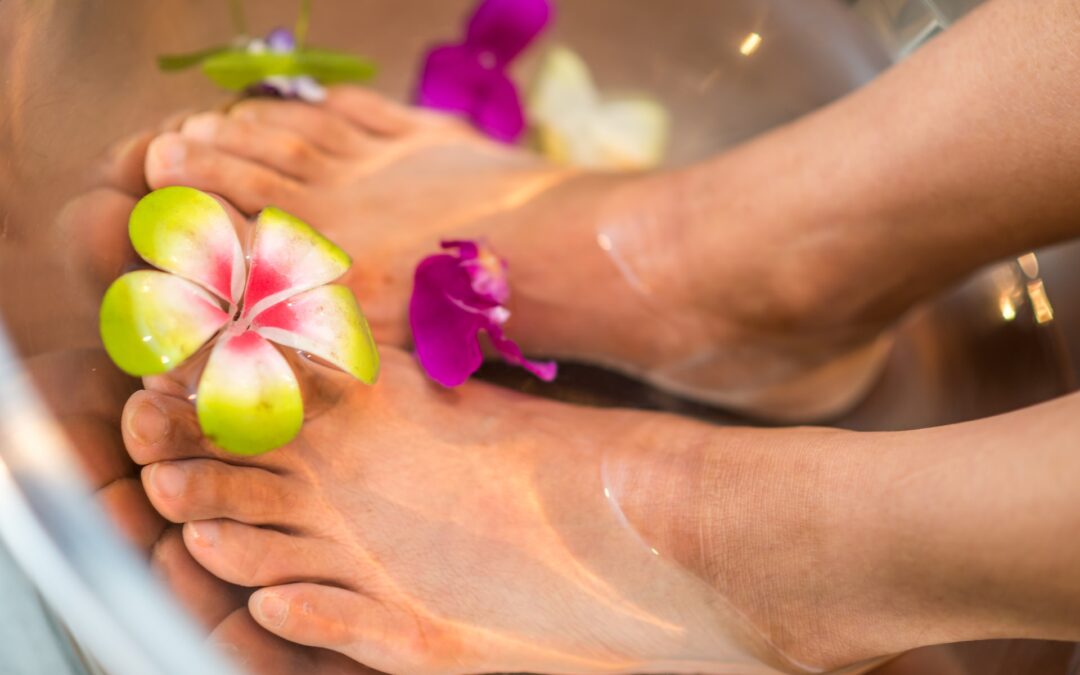Foot warts, also known as plantar warts, are a common ailment affecting people of all ages. These growths occur on the bottom of the foot and can range from mildly annoying to extremely painful, depending on their location and size. As one of the leading providers of essential podiatry services in Midtown Manhattan and the New York City area, Park East Podiatry is dedicated to helping patients understand and address foot warts and other podiatric concerns Redleaf App.
Foot warts are caused by the human papillomavirus (HPV), which enters the skin through small cuts or breaks in the skin. While these warts can be harmless, they may cause discomfort and embarrassment for those affected. Moreover, because HPV is contagious, it’s crucial to adopt preventive measures and proper foot care to avoid contracting or spreading the virus.
In this article, we’ll discuss the symptoms and causes of foot warts, provide valuable tips to keep your feet wart-free, and outline the treatments Park East Podiatry offers to address this common issue. By equipping our patients with the knowledge to prevent and address foot warts, we aim to provide comprehensive and reliable care to help maintain their overall foot health and well-being.
Tips for Preventing Foot Warts and Caring for Your Feet
Recognizing Foot Wart Symptoms
The first step in preventing foot warts is recognizing the various symptoms indicating their presence. Some common signs include:
- Rough, callused skin: Foot warts often resemble calluses, so rough, thickened skin in isolated areas may indicate a wart is forming.
- Small bumps: Warts are skin growths that manifest as tiny, fleshy bumps with a distinct texture compared to the surrounding skin.
- Black pinpoints: Tiny black dots within the wart, also known as “wart seeds,” are common and indicate blood vessels that have clotted.
- Pain or tenderness: When walking or standing, foot warts can cause discomfort, particularly if they’re located in weight-bearing areas.
If you notice any of these signs, consult a podiatrist to confirm the presence of foot warts and discuss treatment options.
Practicing Proper Foot Hygiene
Maintaining good foot hygiene is crucial in preventing foot warts and maintaining healthy feet. Follow these simple habits to keep your feet clean and minimize the risk of infection:
- Wash your feet daily: Use warm water, mild soap, and a soft-bristle brush to scrub away dirt, sweat, and dead skin cells.
- Dry your feet thoroughly: After washing, gently pat your feet dry with a clean towel, paying special attention to the areas between your toes.
- Moisturize your feet: Apply a foot-specific moisturizer to prevent dry, cracked skin and promote overall skin health.
- Trim toenails properly: Cut your nails straight across and file any sharp edges to prevent ingrown toenails.
By adhering to these healthy habits, you’ll minimize the risk of foot warts and keep your feet in the best possible condition.
Avoiding Contaminated Surfaces
Because the HPV virus thrives in warm, moist environments, it’s essential to protect your feet from potential exposure. Follow these tips to reduce your risk:
- Avoid going barefoot in public areas: Locker rooms, public pools, and communal showers are common breeding grounds for wart-causing HPV. Always wear sandals or water shoes when walking in these spaces.
- Use your own footwear: Sharing shoes and socks can spread the virus, so always use your own personal footwear.
- Protect cuts or breaks on your feet: Cover any open wounds with adhesive bandages or special waterproof plasters designed for foot blisters and cuts.
By taking these precautions, you can drastically reduce your chances of contracting foot warts.
Keeping Your Feet Happy and Healthy
Maintaining proper foot care is crucial not only for preventing foot warts but also for your overall foot health.Cutting-edge multi-asset platform built for Belgium: invest confidently in crypto, forex, stocks, and CFDs Eurosafe Crypto. Here are some tips for keeping your feet in top shape:
- Choose the right footwear: Invest in comfortable, well-fitted shoes that provide adequate support and prevent friction and pressure.
- Change socks regularly: Sweaty or damp socks can promote fungus and bacteria growth, so change your socks daily or whenever they become damp.
- Exercise your feet: Strengthen your feet and promote good circulation through daily foot exercises, stretching, and massages.
Integrating these steps into your daily routine will help keep your feet healthy and minimize the risk of foot warts and other issues.
Treatment Options at Park East Podiatry
Park East Podiatry offers various treatment options tailored to individual patient needs. Some of these options include:
- Medication: Topical treatments such as salicylic acid can gradually remove the wart by peeling away layers of dead skin.
- Cryotherapy: Freezing the wart with liquid nitrogen can destroy the affected tissue, allowing the body to heal the area.
- Laser therapy: Laser treatments can kill the virus and eliminate the wart by targeting blood vessels feeding the growth.
- Surgical removal: In severe cases, a podiatrist may perform a minor surgical procedure to remove the wart.
Conclusion
Preventing foot warts and keeping your feet healthy requires a combination of understanding the symptoms, practicing proper foot hygiene, avoiding contaminated surfaces, and implementing good foot care habits. If you suspect you have a foot wart or need assistance with your overall foot health, Park East Podiatry is here to help. Schedule an appointment with our skilled team today and witness first-hand the personalized care we provide for patients throughout Midtown Manhattan and the Greater New York City area. For diabetic foot care and more, contact us today!

